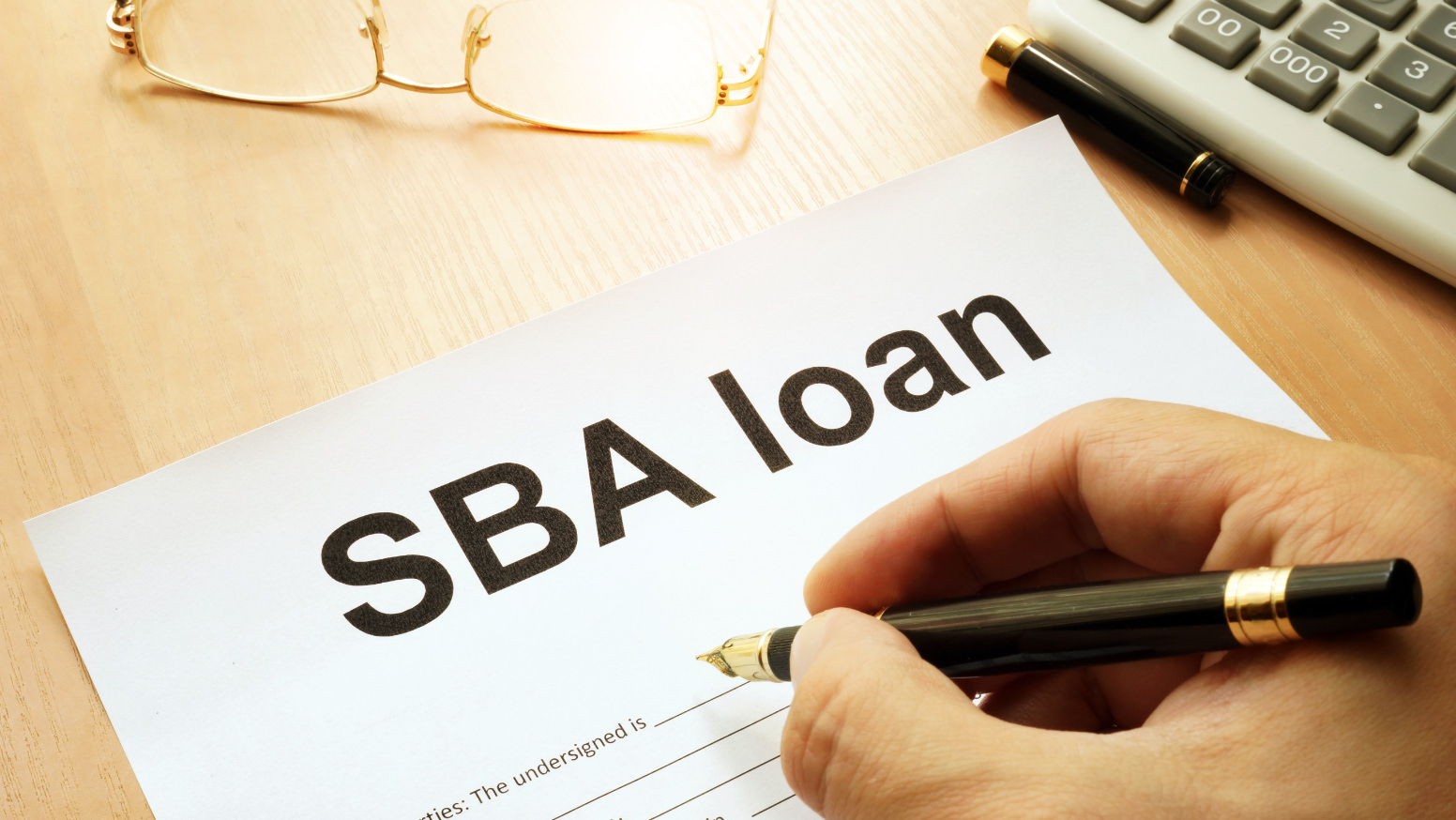Our attorneys routinely work with SBA loan defaults, so we all hear a lot of stories. But, not a week goes by where we don’t get at least one caller who is absolutely shocked they received a 60-day demand letter from the SBA. You might wonder at their surprise because, after all, they defaulted on a business loan and being pursued by the lender is expected, right? But, that’s just it — the lender promised they would not sue them and they would not otherwise pursue collection of the debt. In fact, their banker had known them for years and agreed nothing would be gained from suing them. Did the banker lie?
Banks mean what they say, but don’t always say what they mean.
No, in our story above, the banker did not lie to the caller. What the bank did do was to conclude the liquidation phase of the loan default and request payment on the SBA guarantee. A lender may request payment on the SBA guaranty for loans made under most SBA programs following a 60-day uncured deficiency. However, in all loan programs SBA strongly encourages lenders to fully liquidate the loan prior to repurchase. In this case, the lender probably did complete the liquidation of the business assets by selling them at auction or abandoning the collateral if it was of inconsequential value. The lender also probably reviewed the Guarantors’ financial statements and concluded they were judgment proof (e.g., all of their assets were exempt or substantially so such that any cost of collection would exceed the anticipated recovery). At that point the loan was probably moved to charge off status. From the banker’s point of view, it is usually (not always) case closed once they are paid by the SBA.
When the other shoe drops.
The problem with an SBA loan is that the SBA guarantee is intended to benefit the bank, not the Borrower and certainly not the Guarantors. The SBA guarantee is an inducement to the bank to make such loans because its reduces their risk. But, once the loan goes bad and the SBA pays off the guarantee, the SBA steps in and the demand letter they send is the government’s way of say it wants its money back. Yes, the SBA did indeed pay the bank, but now it wants the Guarantors to make good on the debt and pay up. If the Guarantors don’t do so in a timely manner, then the SBA will promptly refer the debt to the U.S. Treasury for further collection efforts, including administrative wage garnishment (AWG), Federal tax refund intercept and more.
What are some of the lessons learned from this situation:
1. If your banker tells you the bank is not going to pursue you, that does not mean the SBA won’t.
2. If you want to be sure the SBA won’t pursue you, then you may want to explore the SBA offer-in-compromise program.

